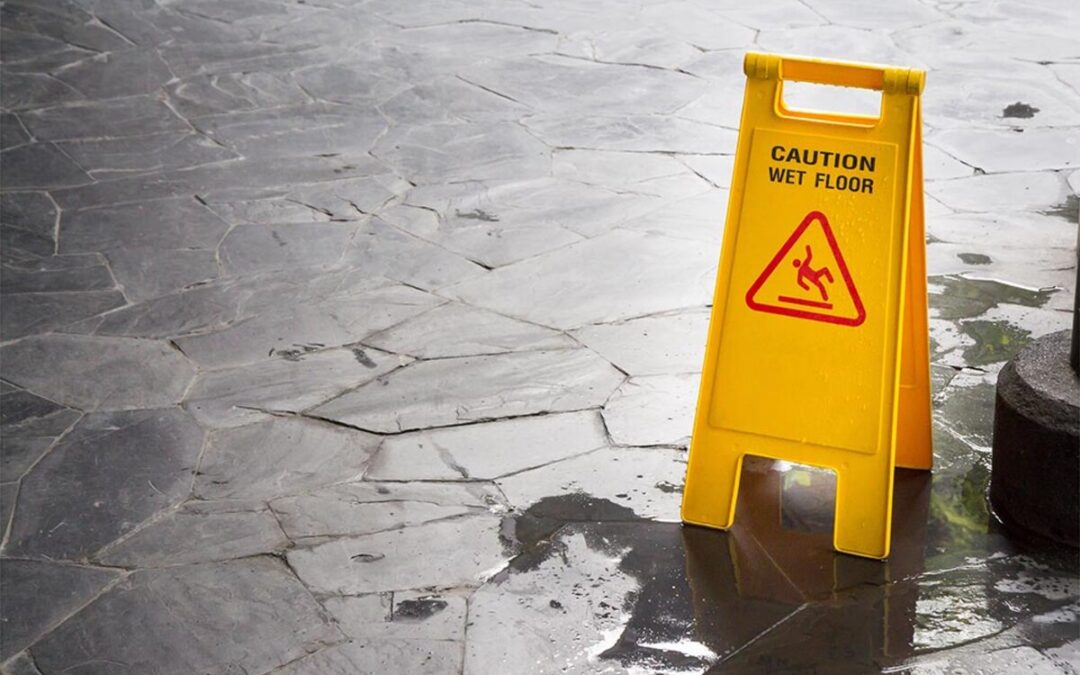Slip and fall accidents can be incredibly dangerous, and they are a leading cause of severe injuries in the United States. If you or your loved one has suffered an injury from a slip and fall accident, you may be entitled to compensation. Trying to recover from a slip and fall accident can be disorienting and overwhelming, especially while paying medical bills and trying to prove liability.
Many people need to take extensive time off of work to heal and recover. At the forefront of many people’s minds is how they can recover compensation after the slip and fall accident. One of the most important aspects of recovering compensation is proving liability. We have listed three steps for proving liability after a slip and fall accident below.
Proving a Duty of Care
The first step in succeeding in a slip and fall accident is proving that the defendant owed you a duty of care. All property owners in Kansas and Missouri owe guests, customers, and visitors a duty to keep their properties reasonably safe. Owners of restaurants, doctor’s offices, businesses, shopping malls, and even private homes can be held liable for accidents that occur on their property due to a breach of their duty of care.
Did Dangerous Conditions Exist?
You will need to prove that dangerous conditions existed and that the dangerous conditions caused your accident. Store managers often clean up the dangerous material that causes accidents immediately afterward to eliminate evidence. Slip and fall accident victims may have a difficult time proving that the dangerous condition ever existed. If you can do so, it is beneficial to take photos of the accident scene before it is cleaned up. For example, if you slipped on ice outside of a business, we recommend taking photos of the place where you fell and pictures of your injuries.
The Defendant Knew or Should Have Known About the Hazard
After proving that a dangerous condition existed, you will need to prove that the defendants knew or should have known about the hazard. Under Missouri and Kansas premises liability law, plaintiffs need to prove that the property owner or manager knew or should have known about the dangerous condition and failed to warn or prevent injuries from happening. For example, suppose a store manager who knows that one of their sprinklers for the fruit and vegetable system often leaks and creates a puddle on the floor and fails to fix the sprinkler or put yellow caution signs up. If a customer slipped in the puddle and broke her ankle, the store will be liable for the compensation.
Contact an Experienced Slip and Fall Lawyer Today
If you or your loved one has suffered a slip and fall injury in Missouri or Kansas, you need an experienced lawyer. Contact our law firm as soon as possible to schedule a consultation with Griggs Injury Law.


